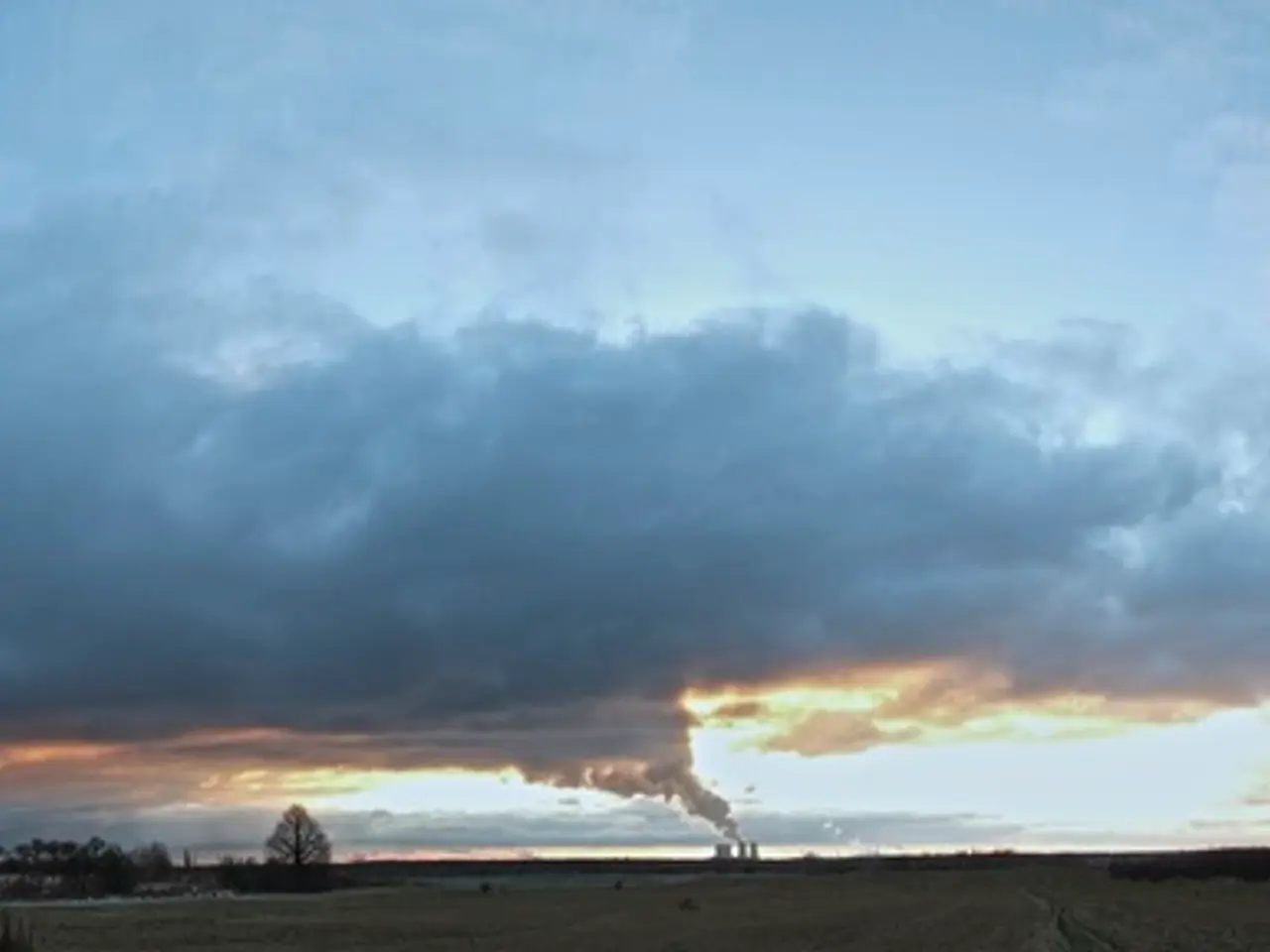EPA administrator justifies ruling to repeal 2009 decision that identifies air pollution as posing risk to human well-being.
In a move that could significantly reshape U.S. climate policy, the Environmental Protection Agency (EPA) under the Trump administration has proposed to repeal the 2009 endangerment finding. This decision, if implemented, would potentially roll back extensive climate-related regulations worth over $1 trillion.
The 2009 endangerment finding, issued under the Obama administration following the Supreme Court’s decision in Massachusetts v. EPA (2007), determined that greenhouse gases (GHGs) such as carbon dioxide endanger public health and welfare by contributing to climate change. This finding has legally required the EPA to regulate emissions from new motor vehicles and industrial sources to mitigate climate risks.
The Trump EPA's proposal argues that this finding exceeds the EPA’s statutory authority by suggesting that “air pollution” should be limited to pollutants causing localized harm, ignoring global climate effects. It also attempts to reinterpret recent Supreme Court rulings (e.g., West Virginia v. EPA) to claim that the EPA lacks authority to regulate GHGs broadly—arguments which legal experts and environmental groups have criticized as misinterpretations and rejecting mainstream climate science.
Supporters of the repeal, including former Trump officials and allied think tanks, claim that removing the finding will stop what they call wasteful climate spending, revive American industry, reduce energy costs, and end regulatory burdens blamed for harming the economy and jobs.
In contrast, critics argue that repealing the endangerment finding endangers public health, particularly of vulnerable populations such as children, by ignoring the scientific consensus that climate change poses severe risks. They warn that it undermines the EPA’s legal mandate to control pollution affecting health and welfare and could lead to increased emissions and worsened climate impacts.
The debate highlights a broader conflict over climate science, regulatory authority, economic priorities, and public health protections. Notably, the EPA Administrator, Lee Zeldin, has expressed skepticism about the 2009 endangerment finding's focus on carbon dioxide as an endangerment to human health, and he has stated that the EPA Administrator has to follow the plain language of the law regarding the 2009 endangerment finding and cannot interpret gaps as his own discretion.
Zeldin, however, did not express a clear opinion on whether the EPA should have a role in combating climate change, citing the Supreme Court's ruling. It's important to note that in the nearly 16 years since the EPA first issued the Supreme Court-ordered endangerment finding, the world has warmed an additional 0.45 degrees Celsius (or 0.81 degrees Fahrenheit) to 1.4 degrees Celsius.
Historically, the US has emitted more planet-warming pollution than any other country, but it is now the world’s second largest emitter of greenhouse gases. The text of the administration's proposal to repeal the 2009 endangerment finding states that while greenhouse gas emissions have continued to rise, the rise has been primarily driven by increased emissions from foreign sources.
This report includes contributions from CNN's Ella Nilsen and Andrew Freedman.
- The Trump EPA's proposal to repeal the 2009 endangerment finding, concerning climate-change and environmental-science, challenges the EPA's authority to regulate greenhouse gases based on the argument that air pollution should be limited to localized harm, disregarding global climate effects.
- Critics, focusing on the potential health risks, especially for vulnerable populations such as children, argue that the repeal of the endangerment finding, a significant piece of policy-and-legislation, could lead to increased emissions and worsened climate impacts, contradicting mainstream climate science.
- In the general-news sphere, the debate around the 2009 endangerment finding's repeal highlights a broader conflict over climate science, regulatory authority, economic priorities, and public health protections, providing insight into the political stance on climate change and the role of the EPA in addressing it.






